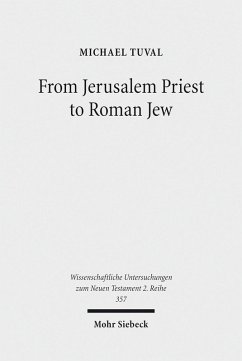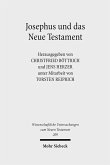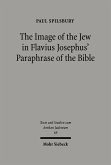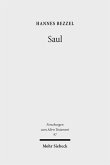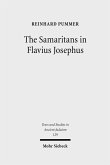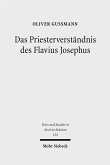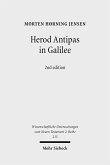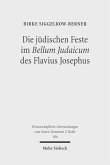In this study, Michael Tuval examines the religion of Flavius Josephus diachronically. The author suggests that because Diaspora Jews could not participate regularly in the cultic life of the Jerusalem Temple, they developed other paradigms of Judaic religiosity. He interprets Josephus as a Jew who began his career as a Judean priest but moved to Rome and gradually became a Diaspora intellectual. Josephus' first work, Judean War, reflects a Judean priestly view of Judaism, with the Temple and cult at the center. After these disappeared, there was not much hope left in the religious realm. Tuval also analyzes Antiquities of the Jews, which was written fifteen years later. Here the religious picture has been transformed drastically. The Temple has been marginalized or replaced by the law which is universal and perfect for all humanity. The book is optimistic about the future of Judaism, and does not hint that the absence of the Temple hinders human-divine communication. Paradoxically, in later years Josephus continued to emphasize his priestly identity. The explanation offered for this anomaly is a complex one. The author also argues that Josephus continued to see the priests as the natural leaders of post-destruction Judaism. Born 1971; 1998 BA; 2003 MA; 2012 PhD, Hebrew University of Jerusalem, Israel; has lectured for several years on Jewish history at the Hebrew University of Jerusalem; at present a postdoctoral researcher in Munich.
Dieser Download kann aus rechtlichen Gründen nur mit Rechnungsadresse in A, B, BG, CY, CZ, D, DK, EW, E, FIN, F, GR, HR, H, IRL, I, LT, L, LR, M, NL, PL, P, R, S, SLO, SK ausgeliefert werden.

